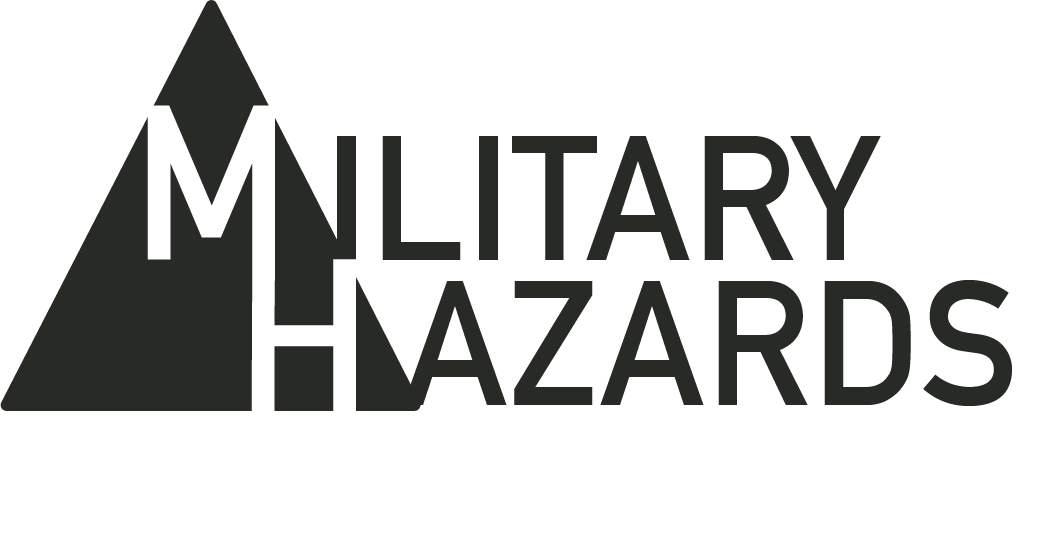Contact Our Legal Partner
"*" indicates required fields

Vehicle maintenance is an essential aspect of ensuring the reliability and safety of vehicles used in both commercial and military settings. However, it is also a hazardous occupation that exposes workers to a laundry-list of occupational hazards. The following will discuss the occupational hazards associated with vehicle maintenance in both commercial and military settings.
Chemical Hazards
Vehicle maintenance workers are often exposed to many hazardous chemicals. Some of these chemicals include solvents, cleaning agents, and lubricants. Low levels of exposure to these chemicals can cause skin irritation, respiratory problems, irritation of the eyes, headaches, nausea, dizziness or light-headedness. Extensive exposure, on the other hand, obviously increases the severity of these health problems. For example, exposure to diesel exhaust fumes can cause lung cancer and other respiratory illnesses.
Physical Hazards
Maintenance performed on vehicles also exposes workers to a range of physical hazards, such as noise, vibration, and ergonomic stressors. To be sure, the noise produced by engines and other equipment or heavy machinery can cause hearing damage, while the vibration from the same can also lead to musculoskeletal disorders. The ergonomic stressors, such as awkward postures and repetitive motions, can cause long-term injuries to muscles and joints.
Electrical Hazards
Moreover, Vehicle maintenance workers might also be exposed to electrical hazards while working on vehicles or vehicle systems. Electrical shocks, burns, and electrocution can occur if proper safety procedures are not followed. Indeed, workers must ensure that they are trained in electrical safety and use appropriate PPE to protect themselves from electrical hazards.
Fall Hazards
Vehicle maintenance workers may be required to work at heights, such as on the tops of the vehicles or on elevated platforms like automotive lifts and actuarial booms. Falls from heights like these can cause serious injuries or death. Workers must be trained in fall protection and use appropriate safety equipment like harnesses to prevent falls.
Fire and Explosion Hazards
In this line of work there is also an exposure risk to fire and explosion hazards while working on vehicles that use fuel or other flammable substances. Workers must be trained in fire safety and emergency response procedures to prevent and respond to fire and explosion incidents.
Biological Hazards
Lastly, Vehicle maintenance workers may also be exposed to biological hazards, such as infectious agents, while working on vehicles that have been used to transport sick passengers or cargo like warfare agents. Workers must be trained in biohazard safety and use appropriate PPE, such as gloves and masks, to protect themselves from exposure to infectious agents.

Preventing Occupational Hazards
To prevent occupational hazards, vehicle maintenance workers must be trained in the safe handling of vehicles and vehicle systems and use appropriate safety equipment and PPE. Employers should also provide access to regular health checks and monitor workers’ exposure to the hazards noted above. In a military setting, vehicle maintenance workers must also be trained in the safe handling of military equipment, such as weapons and explosives. They must be familiar with military safety procedures and regulations, which may differ from those in the commercial setting.
